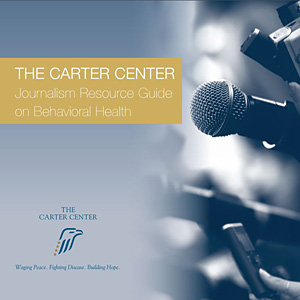Language Guide for Reporting on Mental Health
If you’re a journalist on deadline, we recommend you check out our free guide.
Frequently Asked Questions
Recently
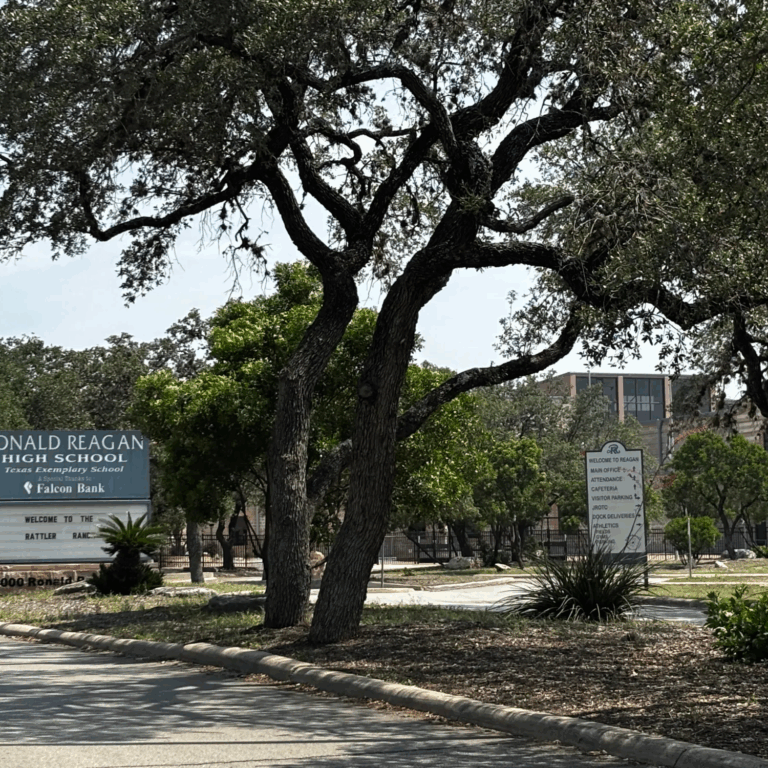
Texas Schools Fall Short on Resources to Address Student Mental Health Issues Before They Become Crises
From Public Health Watch
It was February of 2020, and Andy Gonzalez, then a junior at Reagan High School in San Antonio, was on his lunch break when he noticed a burst of activity among the faculty. Then the news began to spread.
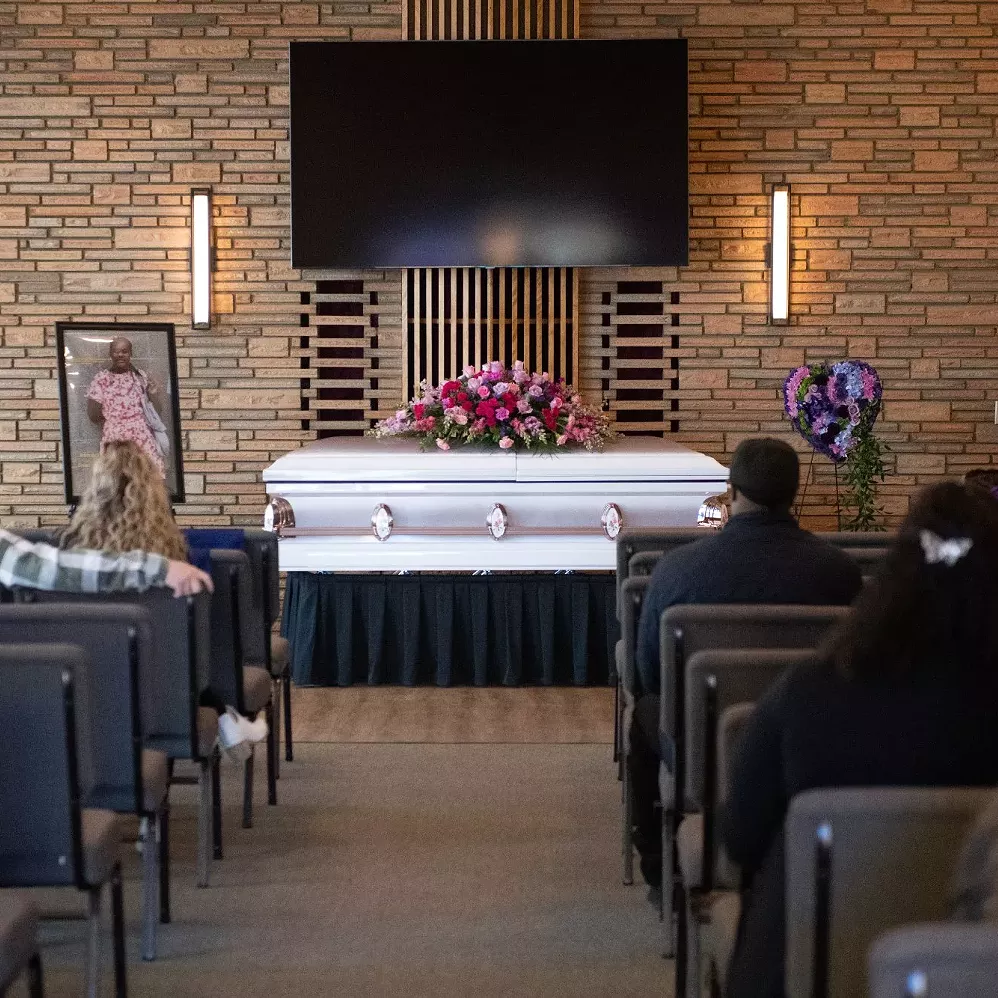
WA health department investigating Spokane hospital after girl’s suicide sparked public outcry
From InvestigateWest
The Washington Department of Health is investigating a 12-year-old’s suicide at Providence Sacred Heart Medical Center last month that has prompted heartbreak and outrage from lawmakers, Spokane city councilmembers and behavioral health advocates statewide.
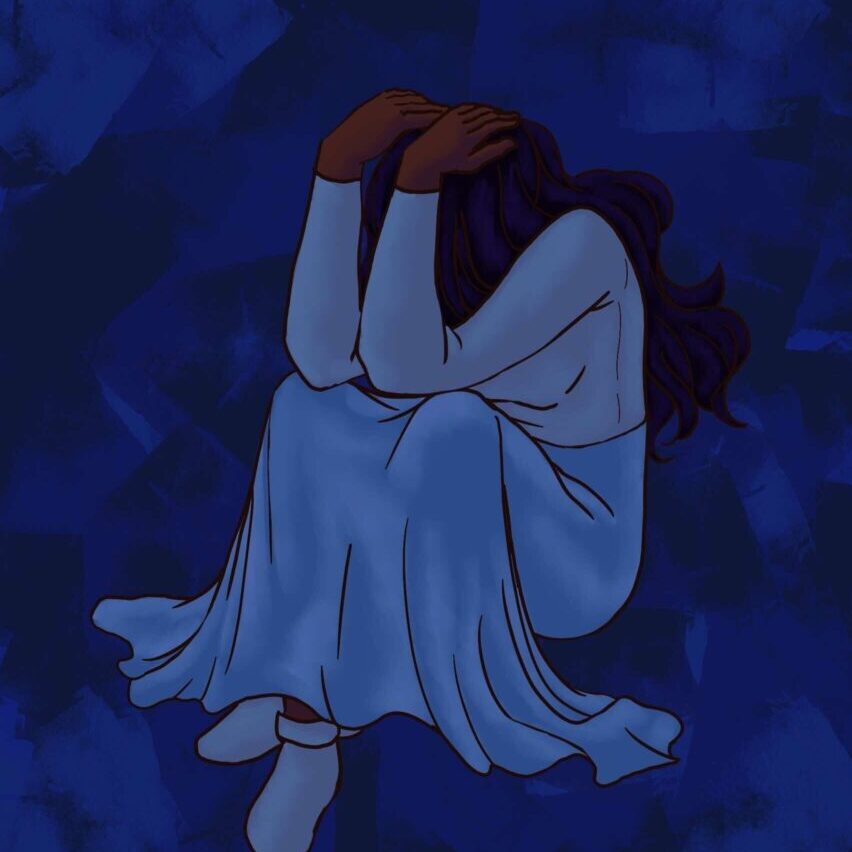
Religious Contacts, Student Volunteers Find Themselves in Midst of Mental Health Crisis
From Grady Newsource
Rylie Hamilton meets on Tuesday evenings with three female University of Georgia students to discuss a range of topics, from spirituality to navigating the dating sphere to test anxiety. Mental health is frequently part of the conversation.
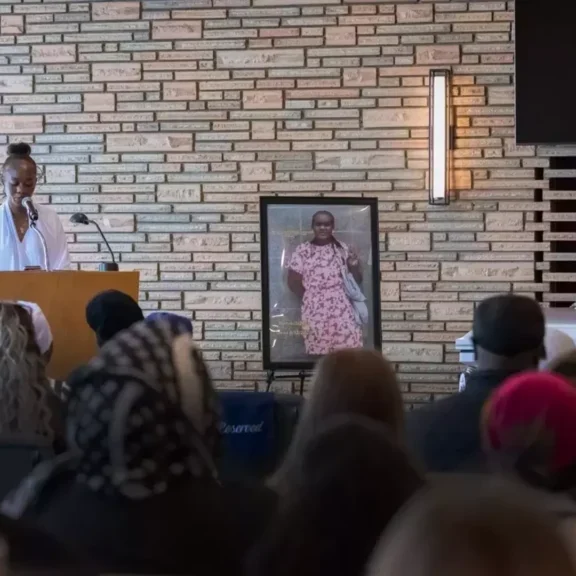
A 12-year-old killed herself at a Spokane hospital that recently closed its youth psychiatric unit
From InvestigateWest
A12-year-old girl died by suicide this month after workers say she was left unsupervised at Providence Sacred Heart Medical Center, where she was waiting for a long-term psychiatric placement.
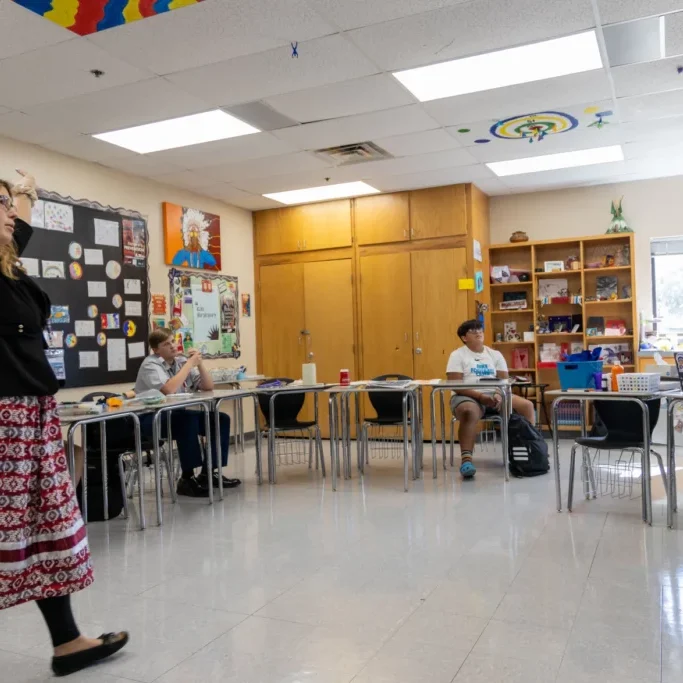
Language lives on for tribes in Oklahoma despite determined erasure attempts
From KOSU
More than a century after U.S. Indian boarding schools attempted to erase Indigenous cultures and languages, tribal nations in Oklahoma are working to reclaim and teach their languages to the youth. Despite research showing how language learning can improve mental health outcomes, world language credits are not required for graduation following recent state legislation.
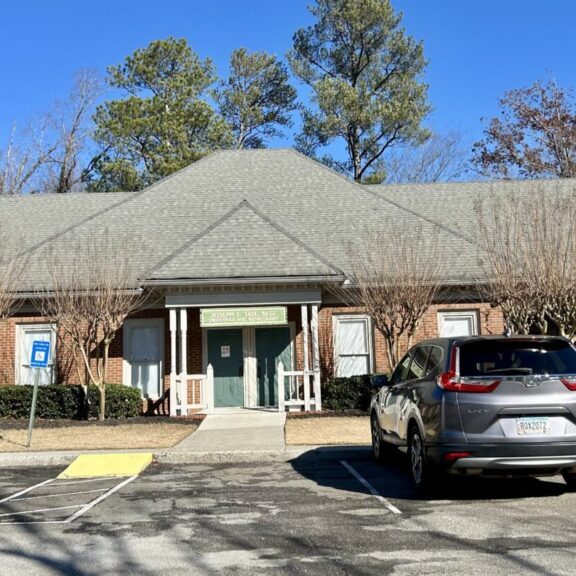
Mental health advocates fight stigma to curb conditions that can kill new moms in Georgia
From WABE
A couple of years ago after having her second baby, Jana Kogon barely slept.
The Atlanta mom’s mind kept racing with thoughts of all the bad things that could happen. Her fears all revolved around her children, she said.
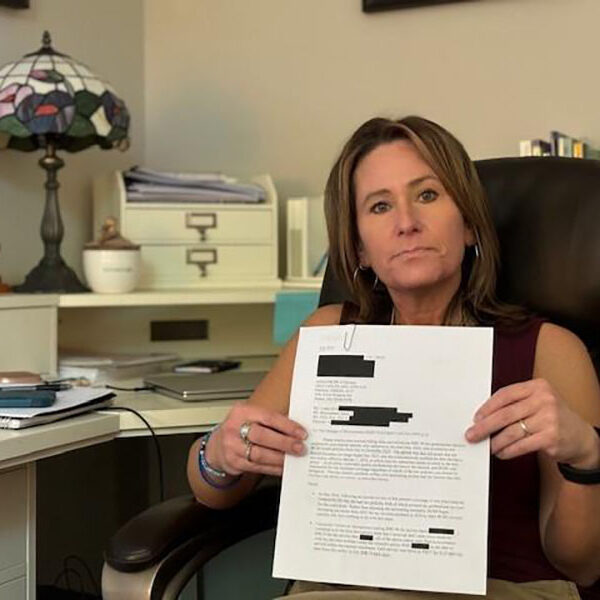
So-called insurance ‘clawbacks’ are driving Georgia mental health therapists into private practice
From Georgia Public Broadcasting
Many therapists want to be accessible to clients with insurance, but doing so is risky when billing errors and complex coding rules lead insurance companies to “claw back” previously paid reimbursements.
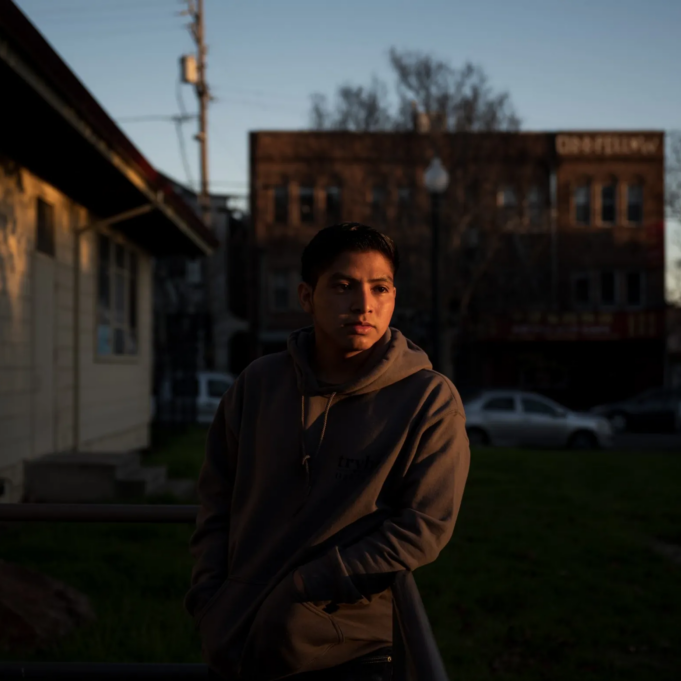
Soaring housing costs make life even more challenging for Oakland’s unaccompanied minors
From El Tímpano
Jorge arrived in the United States aged 16 and roughly $9,000 in debt to those who helped him make the harrowing journey from Guatemala to California.
The day after he arrived in Oakland, he found a job cleaning roofs and attics and eventually working in construction.
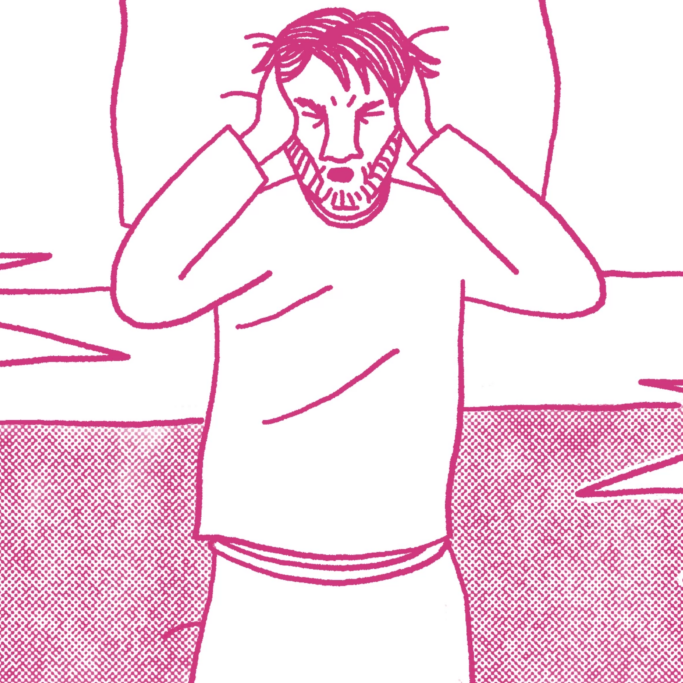
OVERWHELMED: Autistic patients say conditions at Arizona State Hospital are making them worse
From KJZZZ
Matt Solan is overwhelmed.
Solan has been a patient at the Arizona State Hospital since April 2020, found guilty of aggravated assault with a deadly weapon. Because he was found to be “guilty but insane,” a special designation in Arizona law, Solan was sent to ASH, as it’s often known, instead of prison.
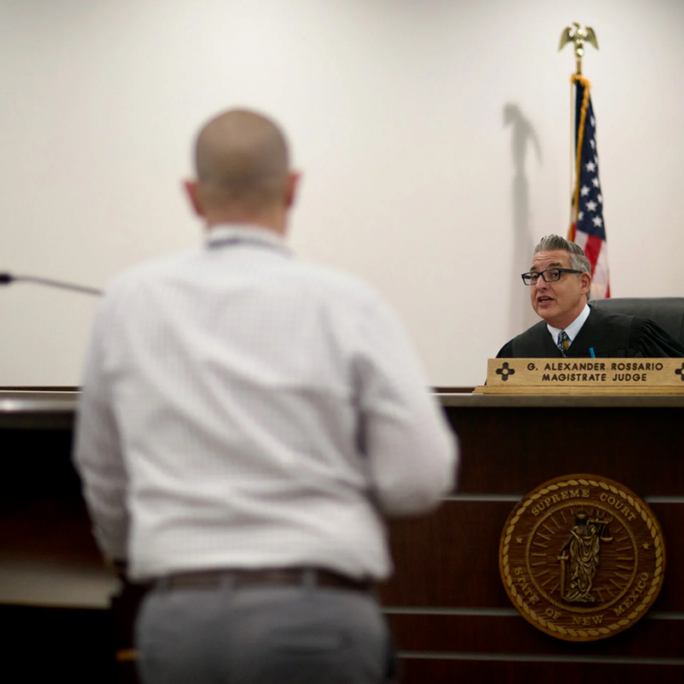
Inside New Mexico’s first diversion program for people who aren’t competent to stand trial
From New Mexico In Depth
James Ketcherside approached the bushes behind the Las Cruces fire station where the woman had been spending nights, bracing for resistance but determined to try.
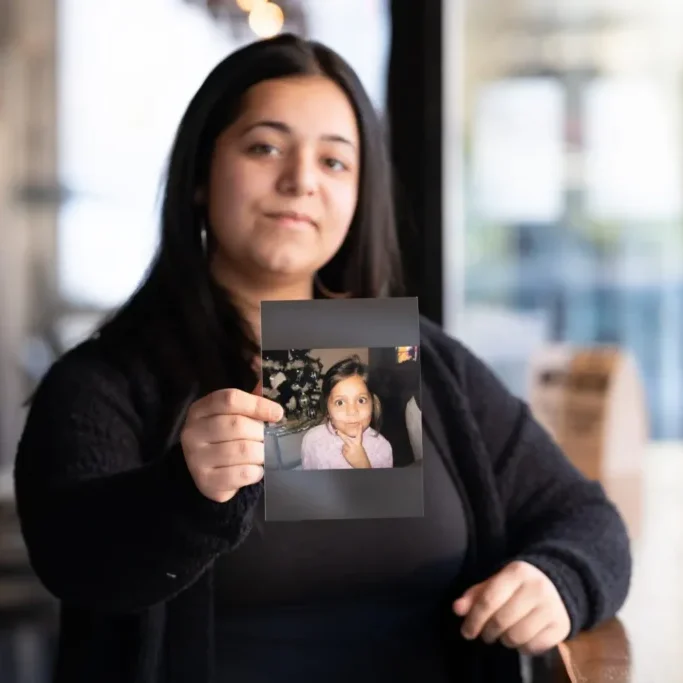
‘An ecosystem of dysfunction:’ West Virginia still has a child welfare worker shortage, and it’s taking a toll on foster kids and families
From Mountain State Spotlight
When Olivia Frausto was growing up with her father and sister in Martinsburg, sleeping on the floor and waking up to cockroaches scuttling on the walls, she remembers frequent visits from West Virginia Child Protective Services workers.
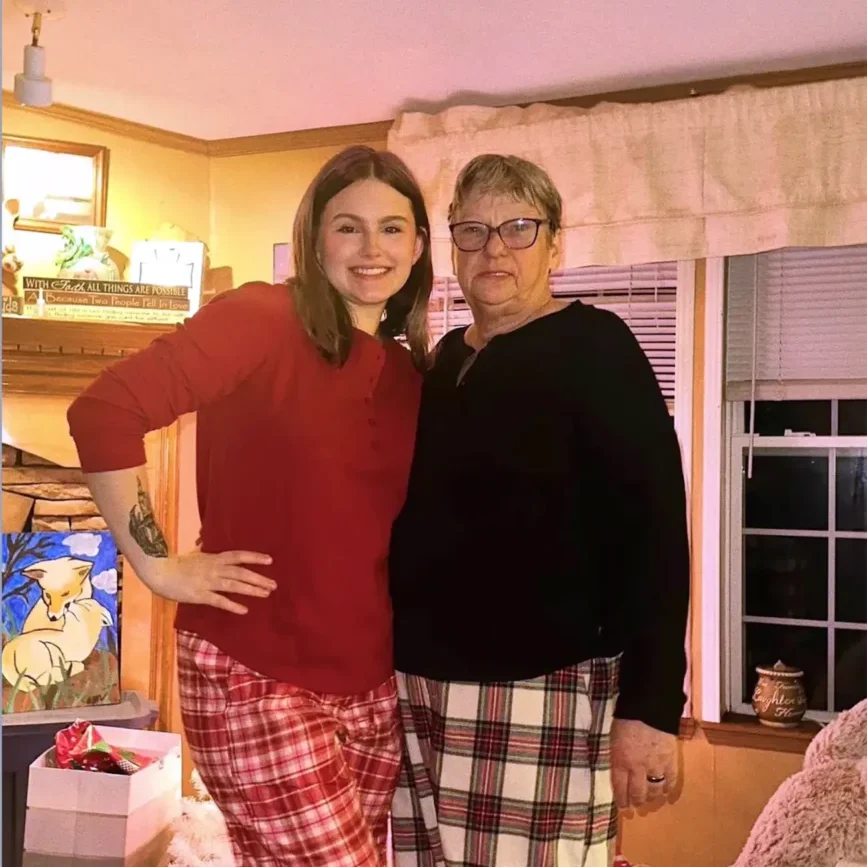
West Virginia’s foster care system depends on grandfamilies. It does little to support their mental health needs.
From Mountain State Spotlight
After her son was grown, police would wake Judy Utley in the middle of the night and ask her to take in her two grandchildren and their two half-siblings.
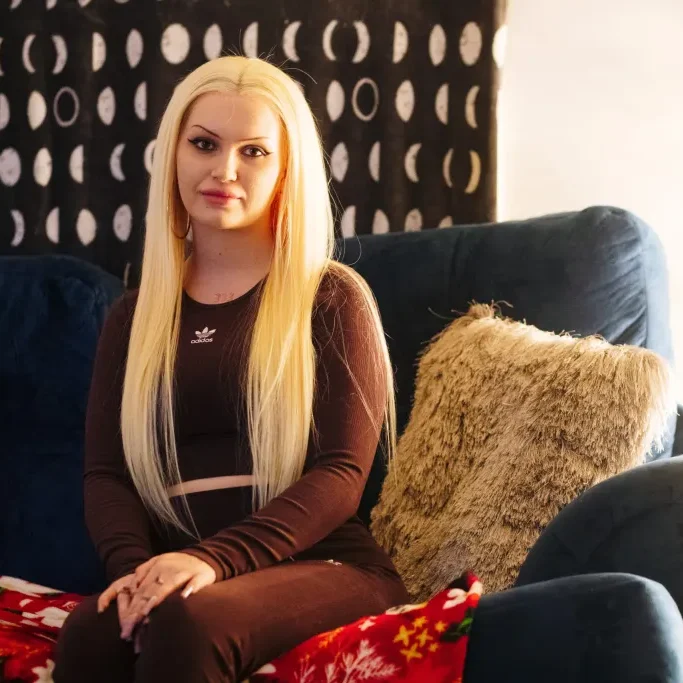
‘They’re all damaged.’ Despite progress, West Virginia is still failing to get foster kids the mental health help they need
From Mountain State Spotlight
By the time Sadie Kendall turned 18 and aged out of West Virginia’s foster care system, she had lived in more than two dozen places.
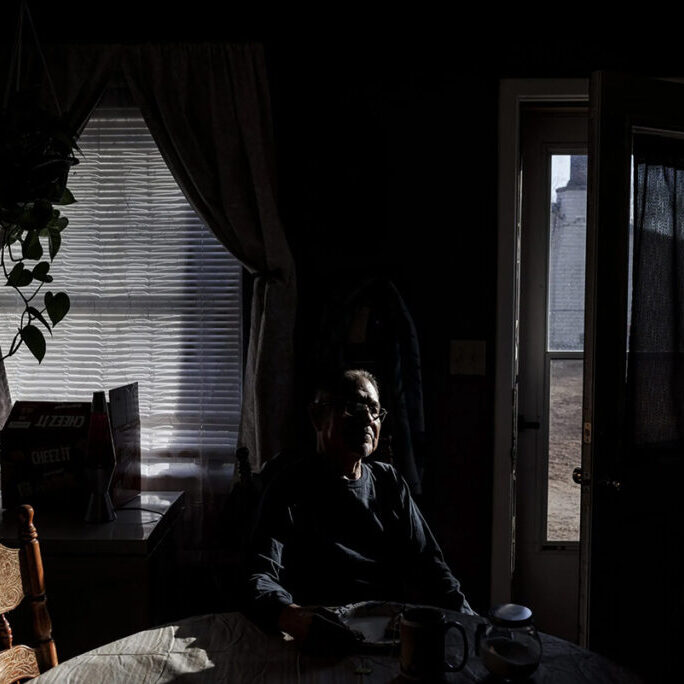
Dozens of people died in Arizona sober living homes as state officials fumbled Medicaid fraud response
For the Arizona Center for Investigative Reporting
At least 40 Native American residents of sober living homes and treatment facilities in the Phoenix area died as state Medicaid officials struggled to respond to a massive fraud scheme that targeted Indigenous people with addictions.
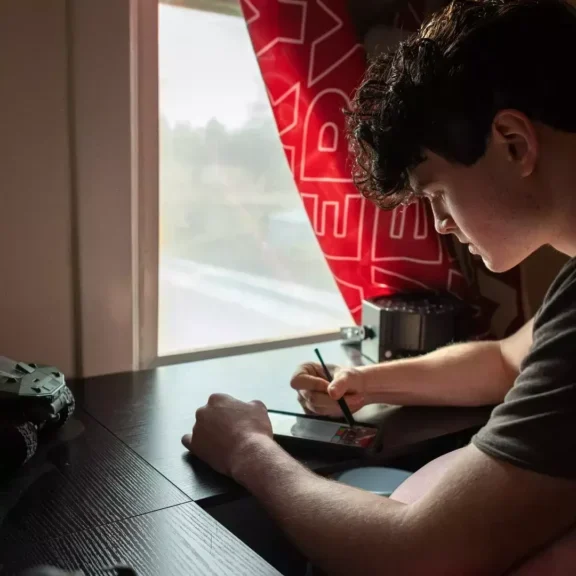
Former staff at Spokane youth psychiatric unit blame Providence for closure
For InvestigateWest
Early last year, Providence Sacred Heart Medical Center in Spokane painted a bleak picture of what would happen without its Psychiatric Center for Children and Adolescents.
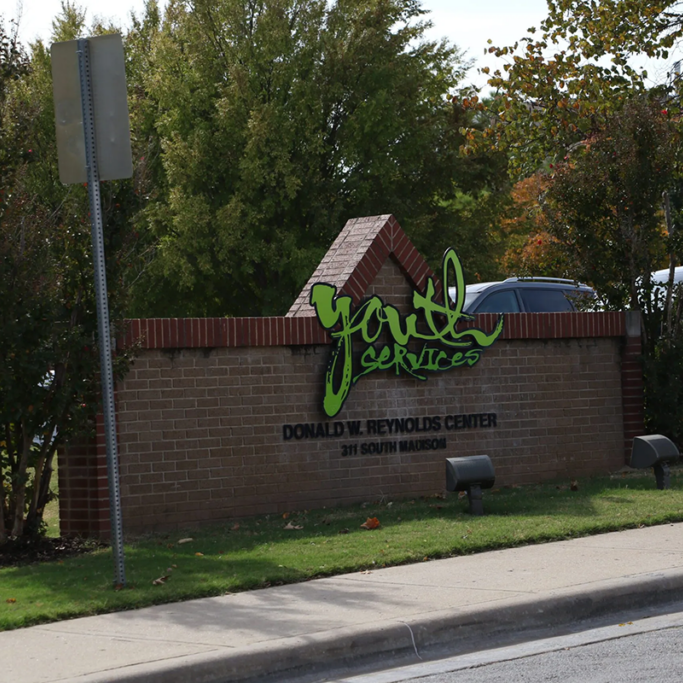
Some Oklahoma parents turn kids over to the state after struggling to get mental health care for them
From The Frontier
Tucked between a highway and railroad tracks just east of Tulsa’s downtown, the county’s only emergency youth shelter acts as a temporary home for some teenagers who have been abandoned by their parents and have nowhere else to go.
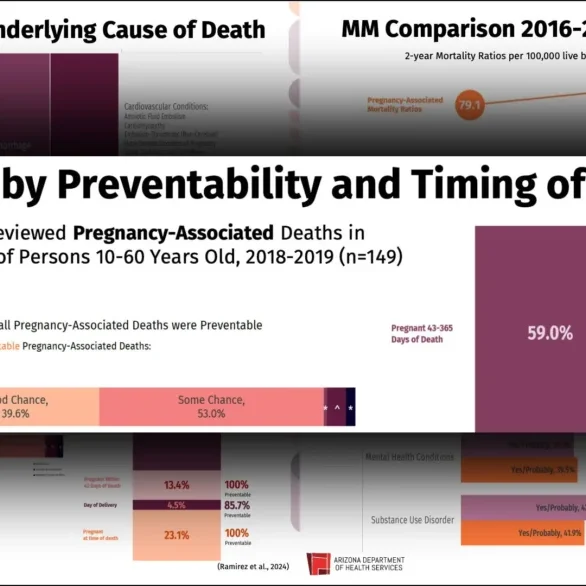
Lack of oversight, coordination hinder efforts to reform Arizona’s rise in maternal mortality
From the Arizona Center for Investigative Reporting
In 2019, federal officials dedicated more than $2 million to Arizona’s Maternal Mortality Review Committee as part of a national effort to confront alarmingly high rates of maternal deaths. The funding came with a mandate: Strengthen Arizona’s process for analyzing the cases of women who die during and shortly after pregnancy, and find ways to prevent future casualties.
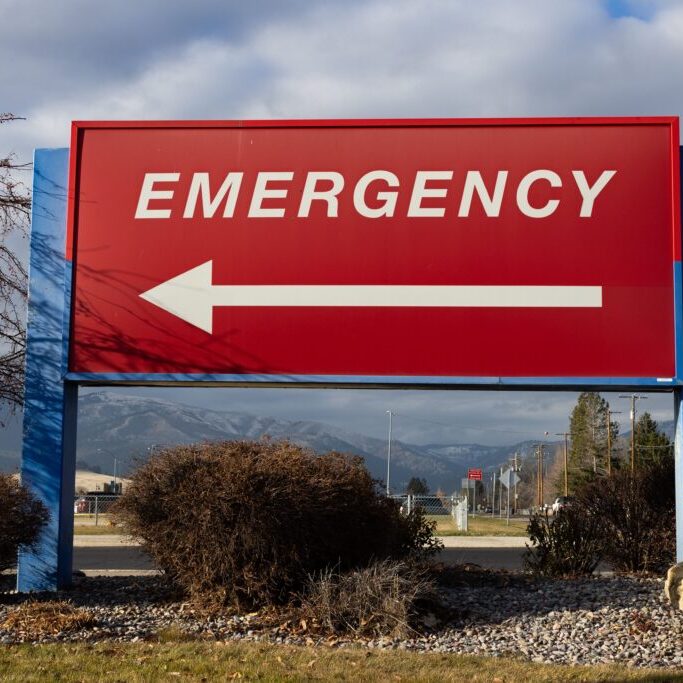
‘Not knowing where to go’: Montana’s sparse landscape for alcohol detox
From Montana Free Press
Thirty-three-year-old Whitefish resident Melanie Seefeldt has decided to stop drinking before. But, like many Montanans, Seefeldt knows a core truth about alcohol addiction. Wanting to stop is the easy part.
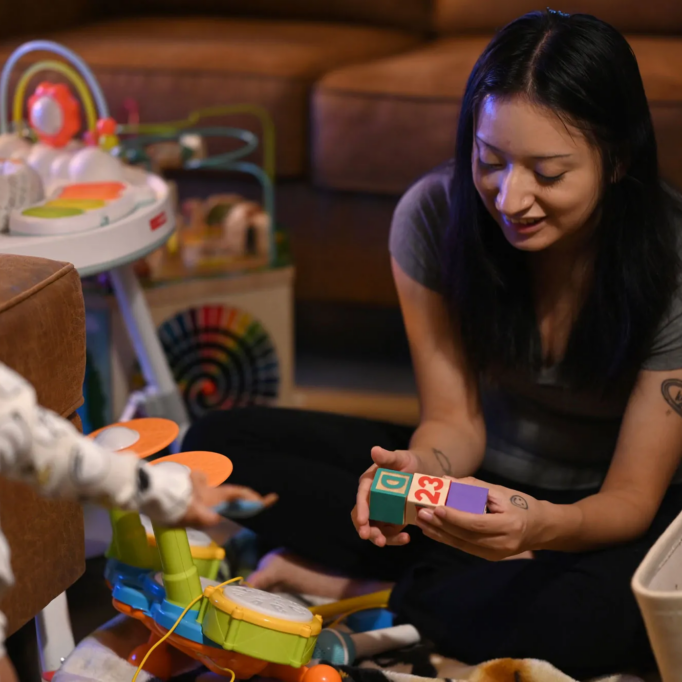
Gaps in mental health training, rural access to care compound Arizona’s maternal mortality crisis
From Arizona Center for Investigative Reporting
Within hours of giving birth to her first child, Araceli Aquino-Valdez was engulfed by an intense sadness. She sobbed for days after arriving home, grieving the loss of her life before motherhood and feeling dismissed by her care providers.

Black farmers face specific, outsized challenges in rural mental health crisis
From NPR affiliate KOSU
Oklahoma State Highway 7 runs by the Mary T. Tatums Municipal Building in one of Oklahoma’s historic All-Black towns, Tatums.
Bonnie Hooks sits with her neighbors at one of the round tables inside the building. Like her grandmother, Hooks is a farmer in Tatums, where she raises pigs.
Press Releases
The Carter Center Awards Two Irish Journalists Rosalynn Carter Fellowships for Mental Health Journalism
The Center will train fellows on accurate and effective mental health reporting and provide access to mental health experts ATLANTA (July 21, 2023) — The Carter Center is pleased to announce that Órla Ryan of The Journal, working with its investigative platform Noteworthy, and Shauna Bowers of The Irish Times…
The Carter Center Awards 9 U.S. Journalists Rosalynn Carter Fellowships for Mental Health Journalism
The Center will train fellows on accurate and effective mental health reporting and provide access to mental health experts ATLANTA (July 12, 2023) — The Carter Center is pleased to announce nine U.S. recipients of the 2023-2024 Rosalynn Carter Fellowships for Mental Health Journalism. The group includes award-winning freelancers, staff…
The Carter Center Awards 9 U.S. Journalists Rosalynn Carter Fellowships for Mental Health Journalism
The Center will train fellows on accurate and effective mental health reporting and provide access to mental health experts ATLANTA (July 14, 2022) — The Carter Center is pleased to announce nine U.S. recipients of the 2022-2023 Rosalynn Carter Fellowships for Mental Health Journalism. The group includes freelancers, staff reporters,…
Applications
Apply for a mental health journalism fellowship in the UAE
Rosalynn Carter fellowships are a year-long, non-residential program providing training, support and mentorship to two journalists The United Arab Emirates program for the Rosalynn Carter Fellowships for Mental Health Journalism is now accepting applications for its 2021-22 intake of two journalists. Interested candidates have until May 27 to apply. It…
Applications open for Latin American 2020-2021 Rosalynn Carter Fellowships for Mental Health Journalism
The Carter Center and the University of La Sabana, in association with the Gabo Foundation, are now accepting 2020-2021 applications for the Rosalynn Carter Fellowships for Mental Health Journalism in Latin America. Bogotá, Colombia — Applications are now open for two fellowships for Latin American journalists who investigate and produce…
Applications open for UAE’s 2020-21 Rosalynn Carter Fellowships for Mental Health Journalism
The fellowship program aims to develop a diverse cohort of journalists who effectively report on behavioral health. Applications will be accepted until the end of April. DUBAI, United Arab Emirates — The Rosalynn Carter Fellowships for Mental Health Journalism UAE program is accepting applications for its 2020-21 intake of two…
Topics
Resources For Journalists
Supporting Journalists Efforts In Mental Health Journalism
The Carter Center Journalism Resource Guide on Behavioral Health (pdf) supports journalists’ efforts to report accurately and effectively behavioral health issues, including addiction and substance use, in ways that do not reinforce stereotypes and stigma.


